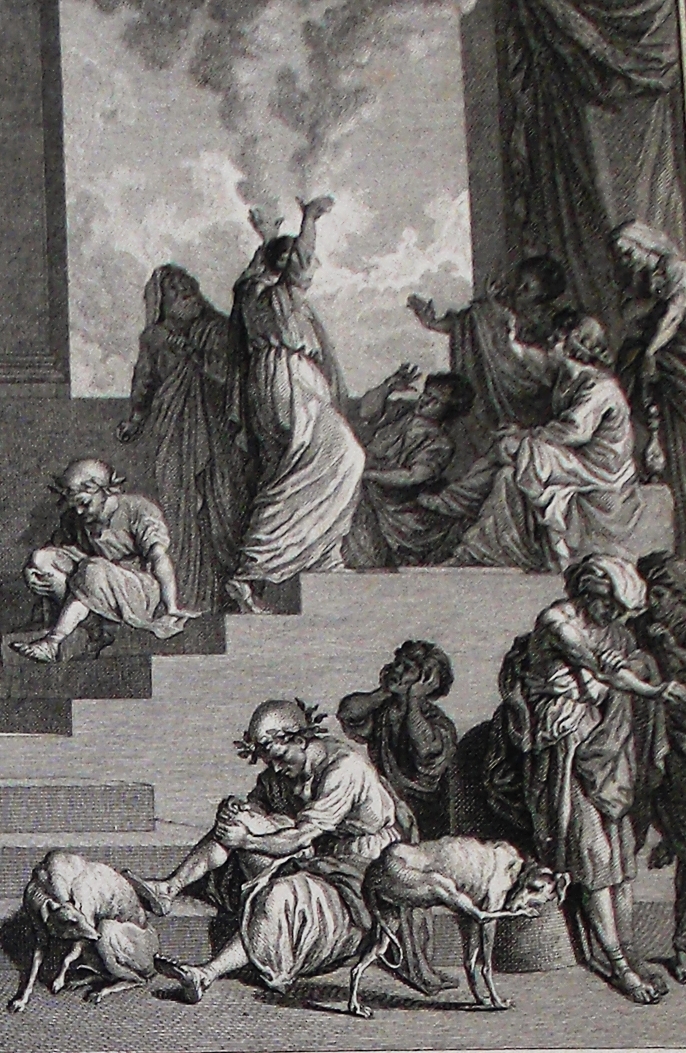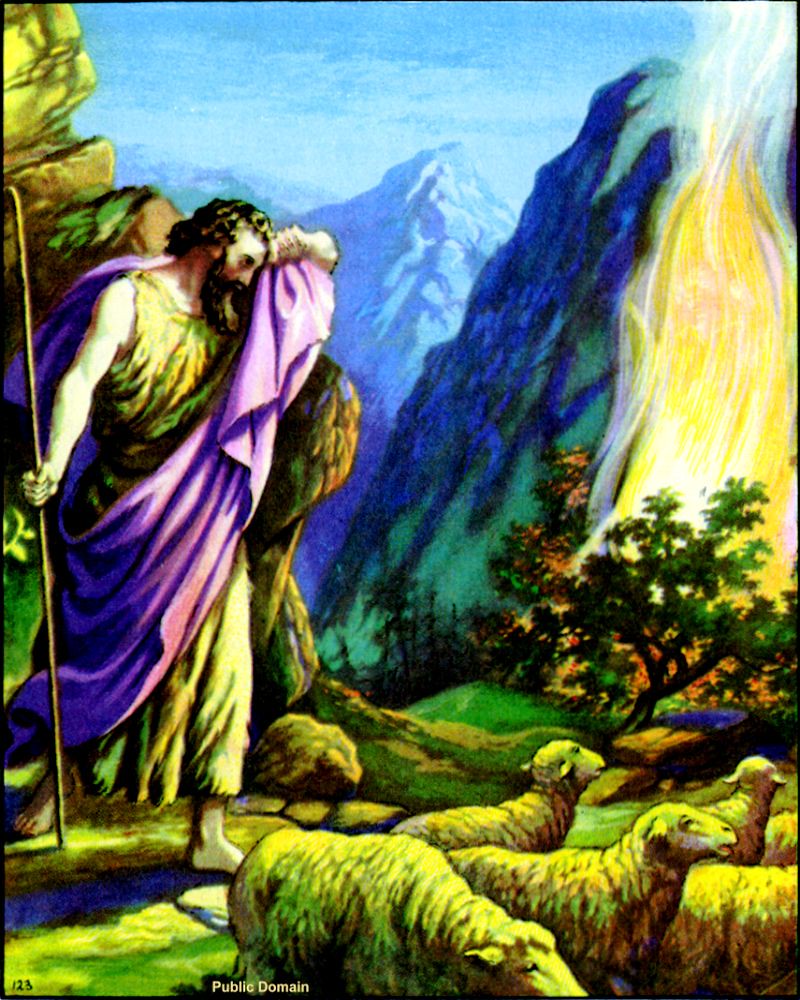In Exodus 9, we witness the continuation of the plagues that God brings upon the land of Egypt as a result of Pharaoh’s hardened heart. This chapter focuses on two specific plagues: the plague of livestock and the plague of boils.
The plague of livestock begins with Moses warning Pharaoh of the impending devastation. God declares that all the livestock in Egypt, belonging to both the Egyptians and the Israelites, will be struck down with a severe disease, killing them all. However, He makes a distinction between the livestock of the Egyptians and those of the Israelites, stating that none of the animals belonging to the Israelites will be affected. This is a clear demonstration of God’s power and protection over His people.
Despite the warning, Pharaoh remains stubborn and does not listen. As a result, the plague strikes as promised. All the livestock of Egypt, including horses, donkeys, camels, cattle, and sheep, are afflicted and die. It is a devastating blow to the Egyptian economy and highlights the extent of God’s control over even the natural elements of creation.
However, what is particularly interesting about this plague, and its connection to Messianic Jesus, lies in the fact that God distinctly spares the livestock of the Israelites from this devastation. This foreshadows the coming of Jesus, who is often referred to as the Lamb of God. Just as God set apart the livestock of the Israelites as a sign of His protection and favor, Jesus, the ultimate sacrificial Lamb, was set apart from the rest of humanity to bring salvation and redemption to all who believe in Him.
Moving on, we come to the plague of boils. Moses and Aaron are instructed by God to take handfuls of soot from a furnace and toss it into the air, causing it to become fine dust, which settles on both humans and animals throughout Egypt. This results in boils breaking out in painful sores on the skin. The infliction is so severe that the magicians themselves are unable to stand before Moses due to the boils on their bodies.
Here, we see a connection to Messianic Jesus in the suffering and affliction that both He and the people experienced. Just as the Egyptians were afflicted with boils, Jesus, the Son of God, came to suffer with humanity. He bore the weight of our sins on the cross, enduring physical and emotional pain beyond measure to provide us with salvation and healing. The boils serve as a powerful reminder of the suffering that Jesus willingly embraced for the sake of humanity.
Furthermore, the plague of boils serves as a stern warning to Pharaoh and the Egyptians that God’s power and judgment cannot be defied. Despite this warning, Pharaoh, in his hardened heart, remains unyielding. Yet, throughout this chapter, we witness God’s patience, mercy, and desire to demonstrate His power and glory.
In conclusion, Exodus 9 portrays two significant plagues: the plague of livestock and the plague of boils. These plagues not only showcase God’s power and authority over creation but also hold a profound connection to Messianic Jesus. Through His protection of the Israelite’s livestock and the infliction of painful sores, God foreshadows Jesus as the sacrificial Lamb and illustrates the magnitude of His suffering for humanity. Additionally, the plagues serve as a testament to God’s relentless pursuit of Pharaoh’s heart and His desire to reveal His glory to all.
#Exodus9 #MessianicLink #JesusChrist #SacrificialLamb #Suffering #GodsPower #DivineJudgment #Salvation #Redemption #DivineProtection #HardenedHearts #Messiah #GodsGlory #Egypt #Plagues #SinsBearer #PatientMercy #Affliction #Foreshadowing


